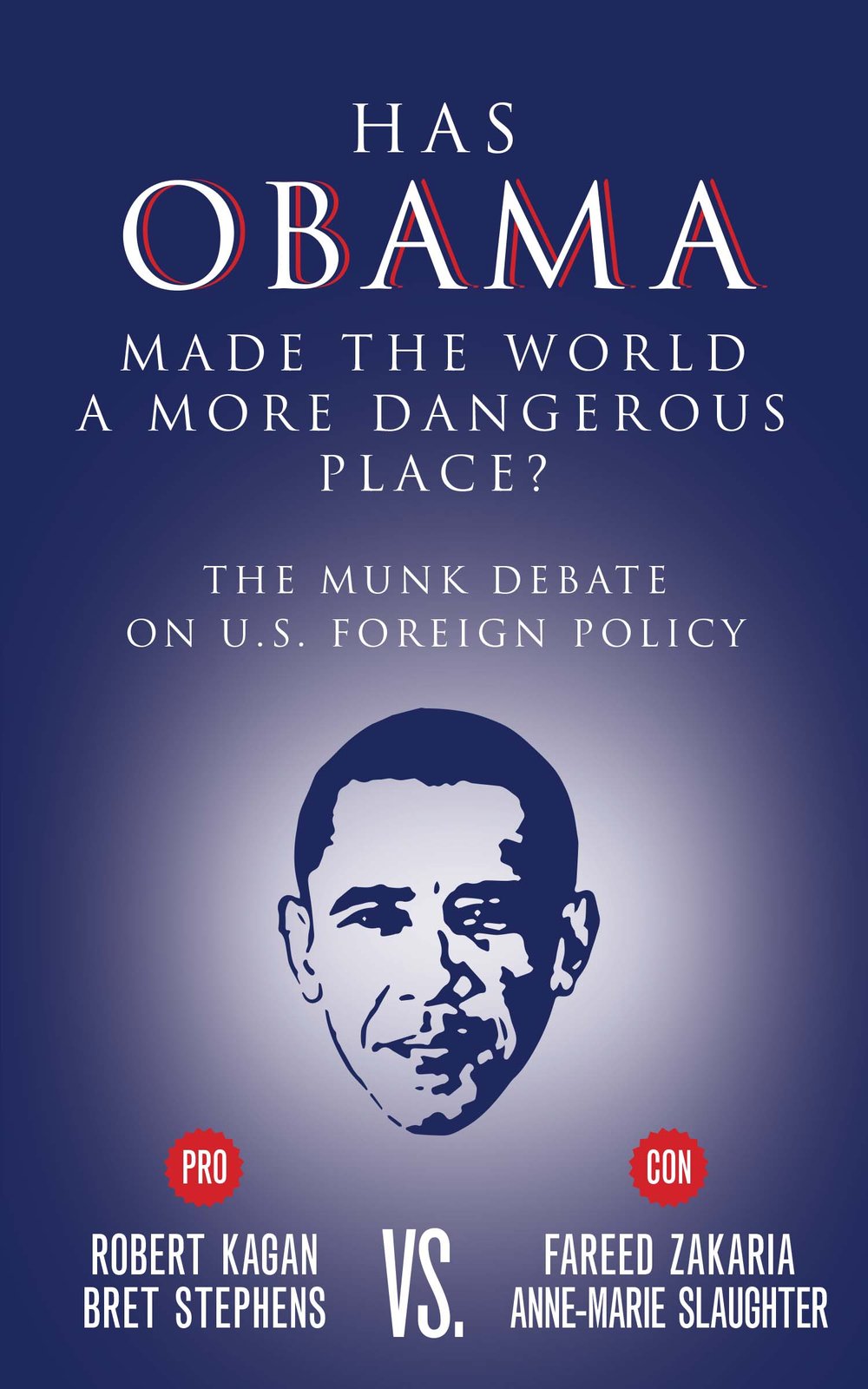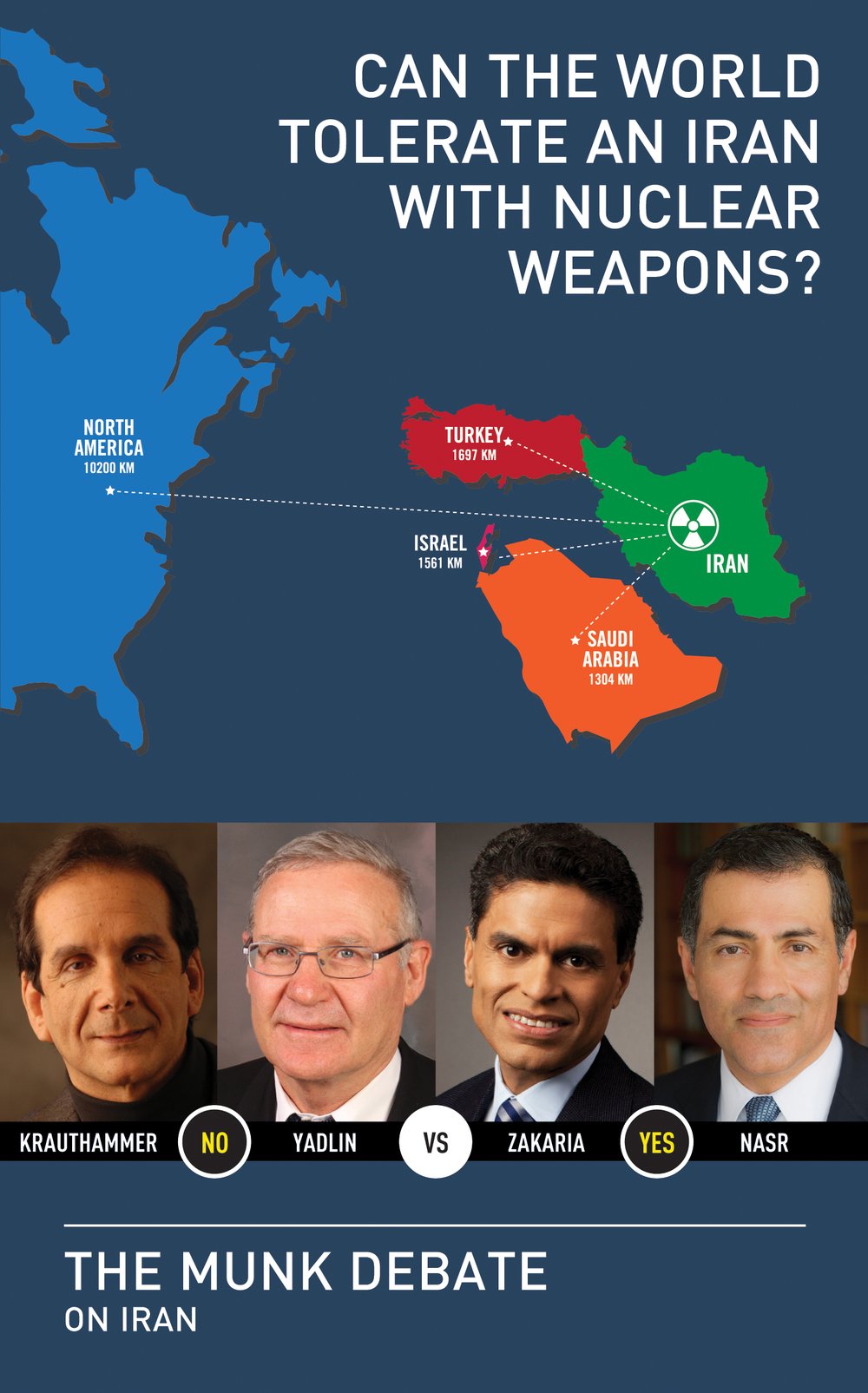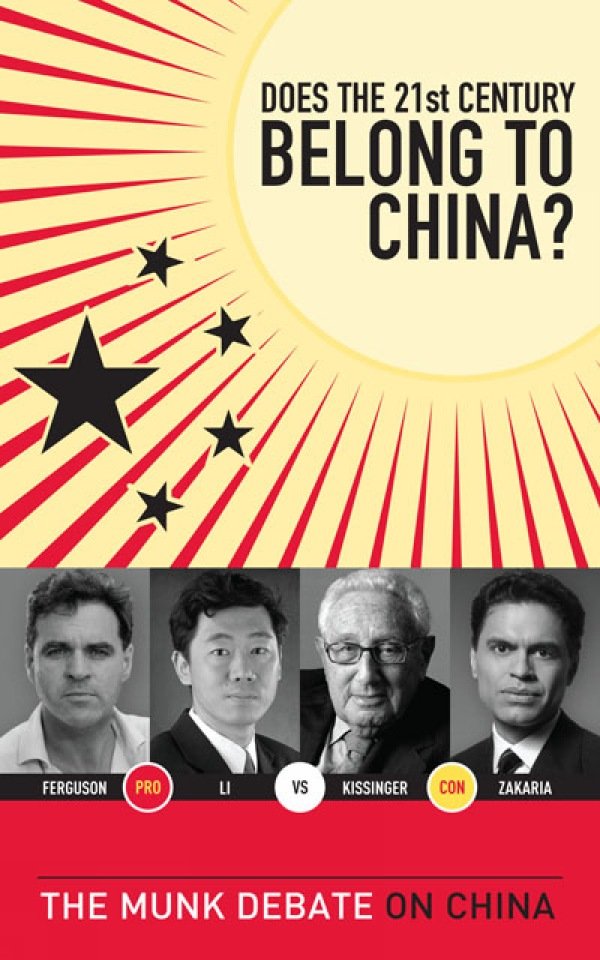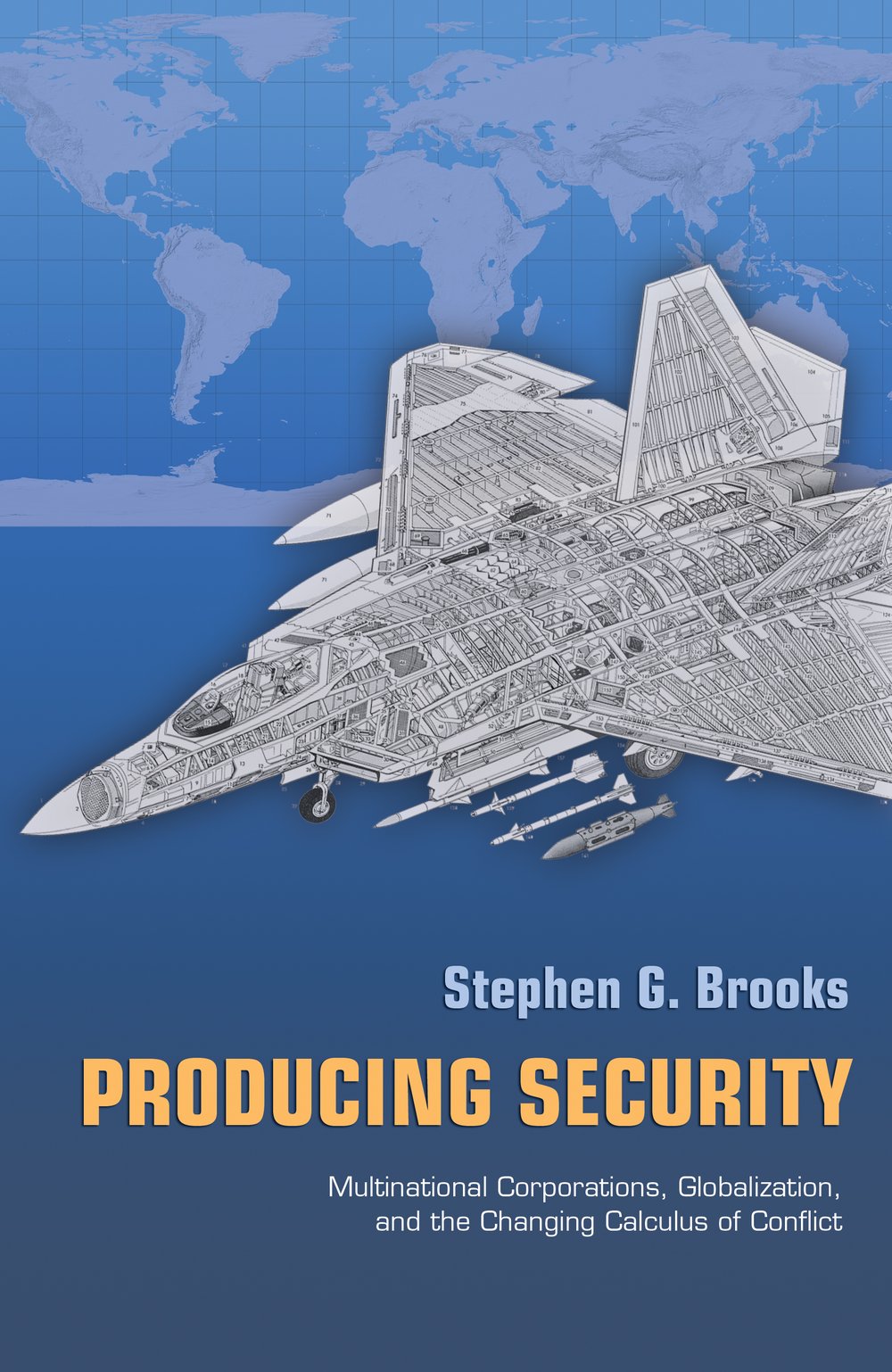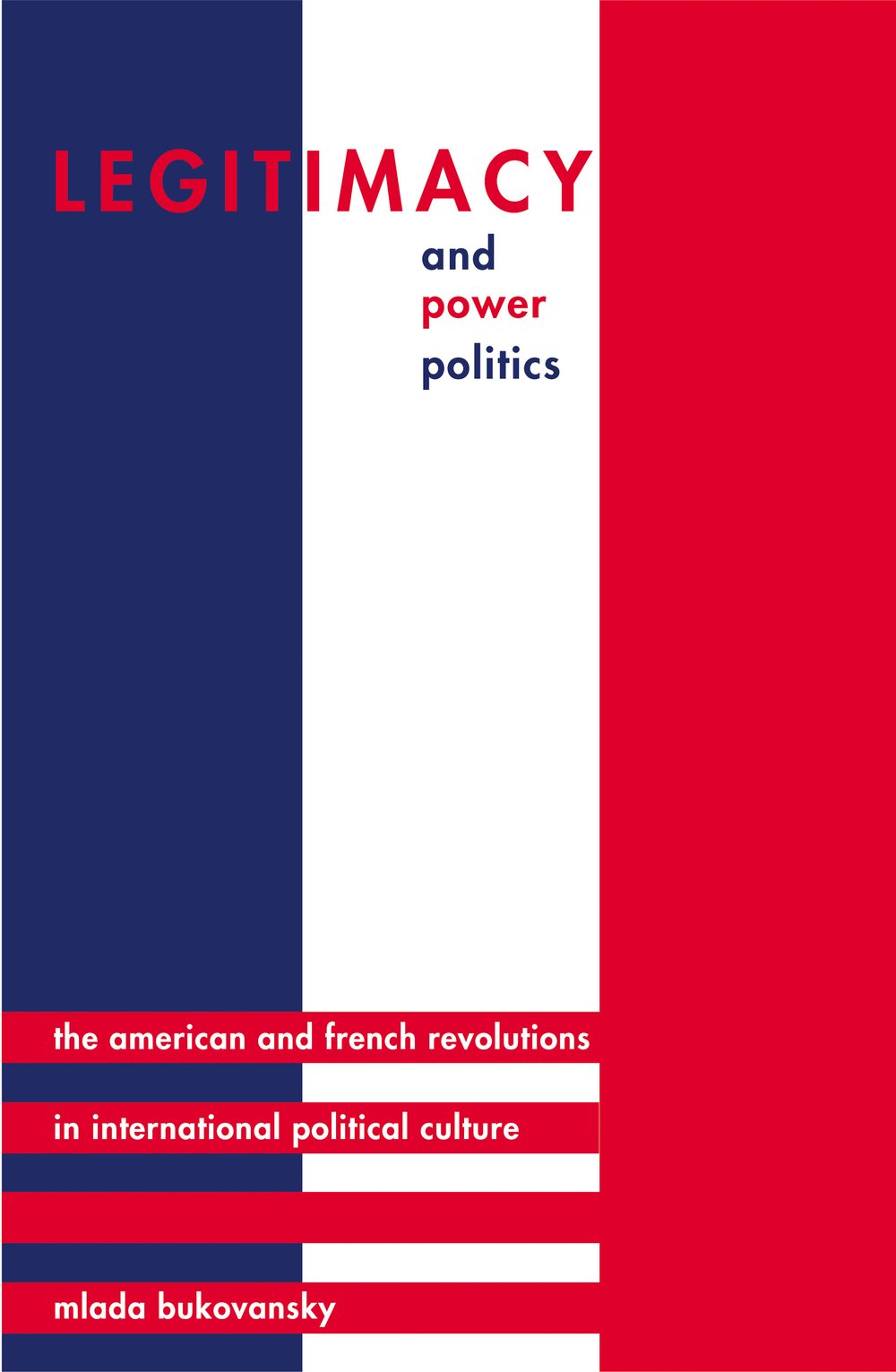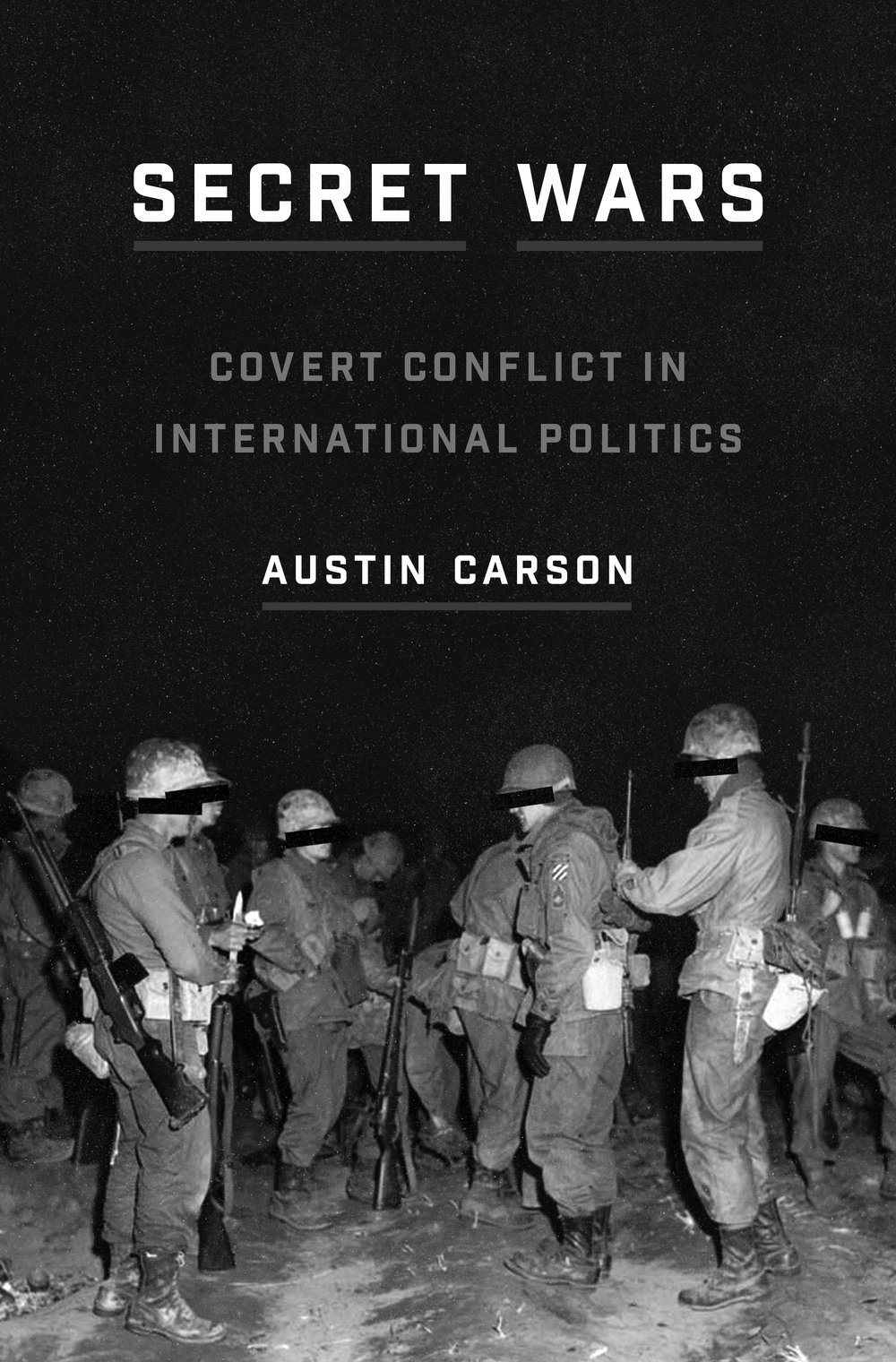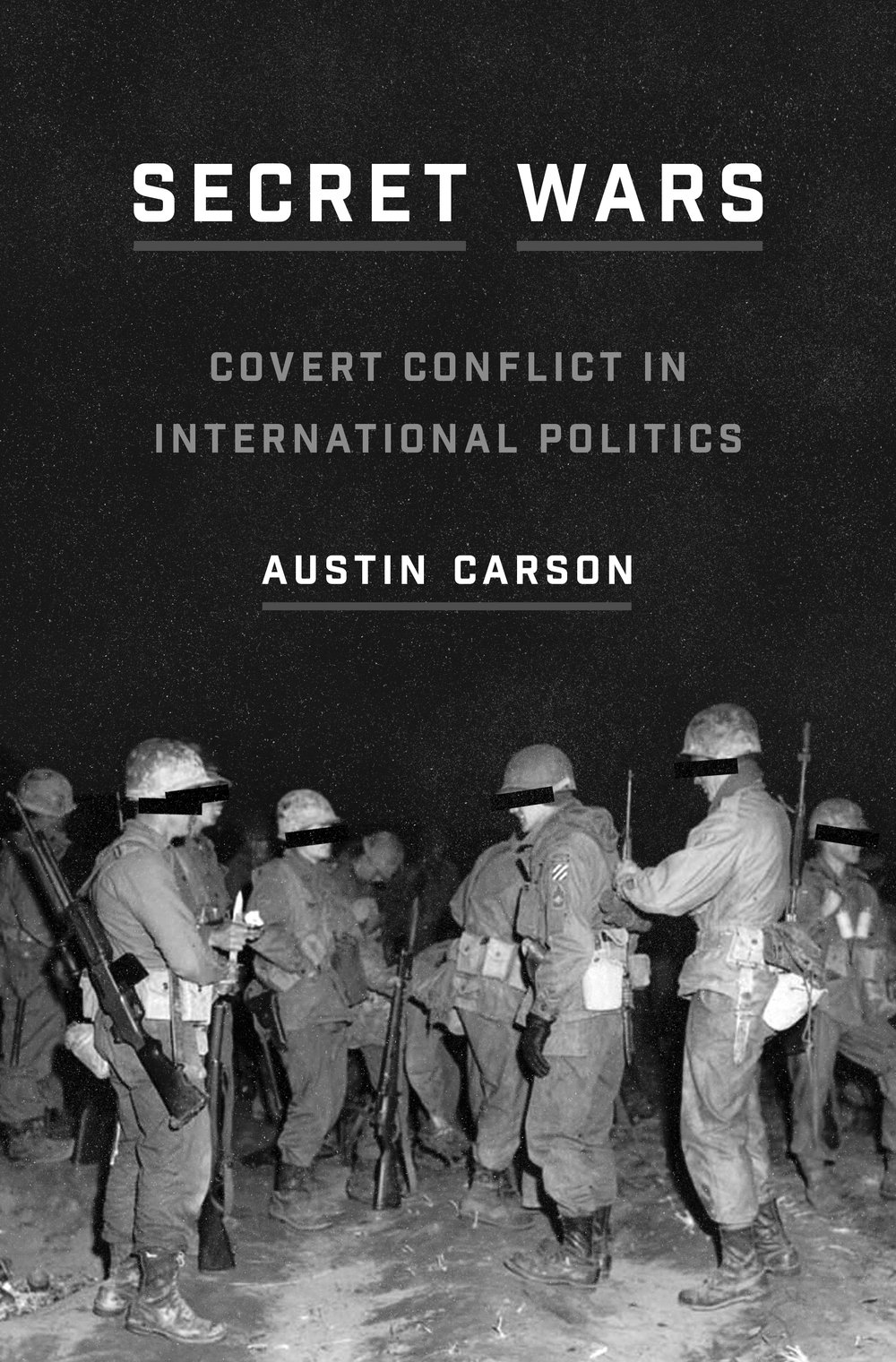From Wealth to Power
The Unusual Origins of America's World Role
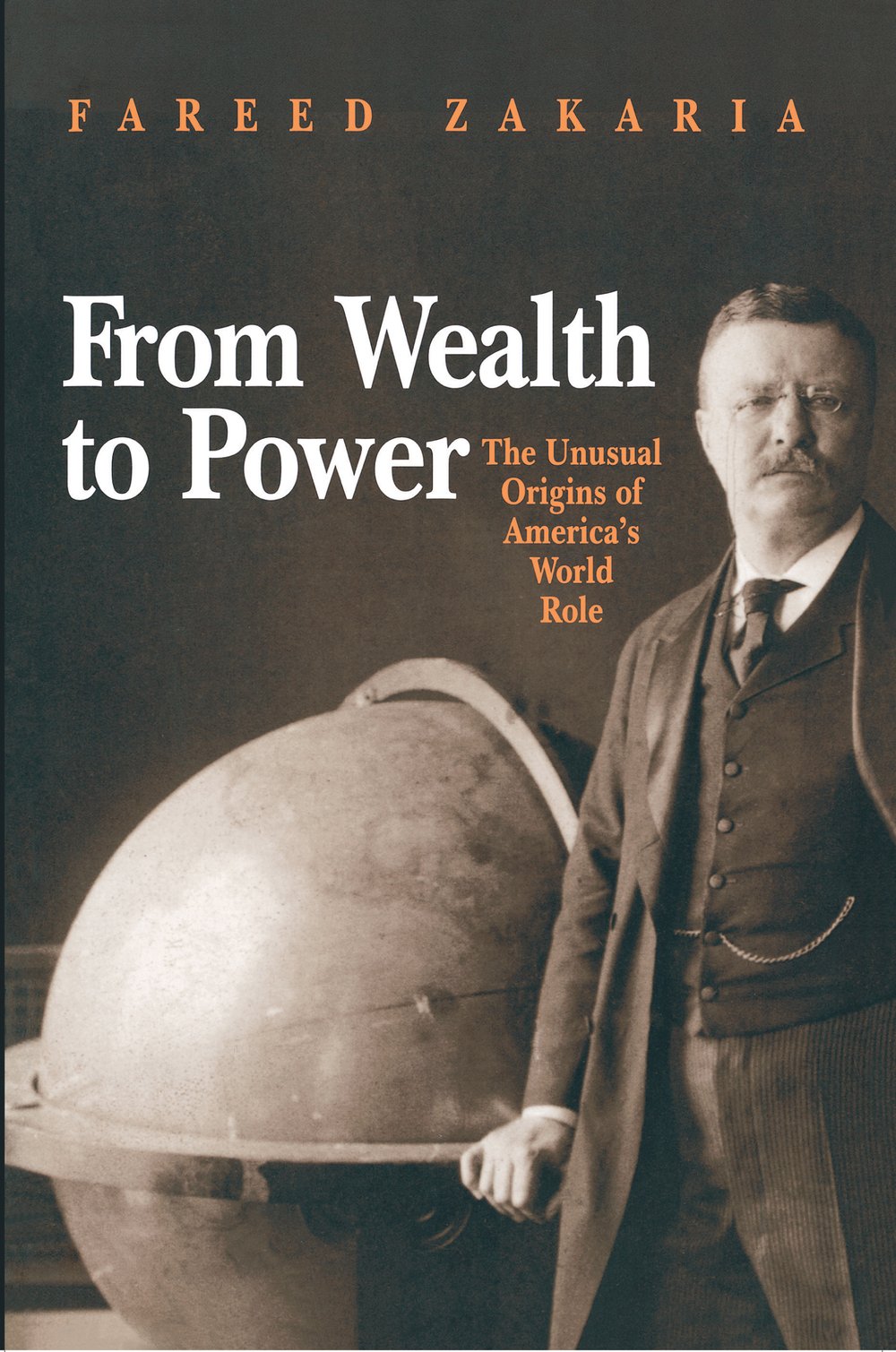
What turns rich nations into great powers? How do wealthy countries begin extending their influence abroad? These questions are vital to an understanding of the emergence of a new power - a source of instability in international politics. In this text, Fareed Zakaria seeks to answer these questions by examining one of the most puzzling cases of a rising power in modern history - that of the United States. If rich nations routinely become great powers, Zakaria asks, then how do we explain the strange inactivity of the United States in the late-19th century? By 1885, the US was the richest country in the world. And yet, by all military, political and diplomatic measures, it was a minor power. To explain this discrepancy, Zakaria considers a variety of cases between 1865 and 1908 when the US considered expanding its influence in such diverse places as Canada, the Dominican Republic and Iceland. Consistent with the realist theory of international relations, he argues that the President and his administration tried to increase the country's political influence abroad when they saw an increase in the nation's relative economic power. But they frequently had to curtail their plans for exp

Fareed Zakaria is Managing Editor of Foreign Affairs, a contributing editor to Newsweek, and has been Adjunct Professor of Political Science at Columbia University. He is a contributor to various publications, including the New York Times, the Times Literary Supplement, International Security, and Slate and is coeditor of The American Encounter: The United States and the Making of the Modern World.

